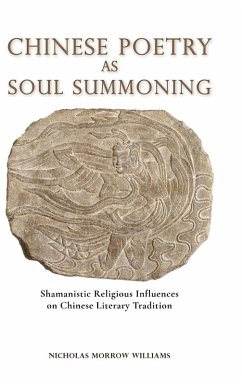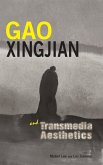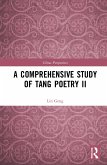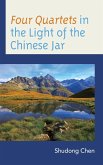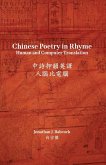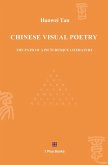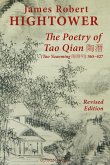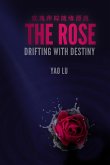Studies of Chinese culture and literature often neglect the importance of the various vocabulary terms for the self and identity that are used somewhat differently from their equivalents in Western languages. In particular, from the Warring States period up to today, Chinese poems often rely on the concept of a soul that can be separated from the body and needs to be summoned back by invocations. This study examines the role of the soul (hun) and the soul-summoning ritual in Chinese literature from ancient times up to the twentieth century. With five case studies from different dynasties, spanning ancient Chu and the Han, Tang, Song, and Ming-Qing transition periods, Chinese Poetry as Soul Summoning shows Chinese poets were inspired by the belief in a soul that could be transported away from the body. On one hand, this provided a model for literature, as a therapeutic means of summoning back wayward souls; on the other, it inspired the imaginative range and formal structures of literary works, which followed the soul's journey from the individual person throughout the world and into the heavens. In each period, highlighting the role of soul summoning illuminates new dimensions of literary history that have often been neglected. In the Warring States period, the poem "Summons of the Soul" is the definitive statement of the theme and has much to tell us about early Chinese conceptions of self, world, and communication. In the Han dynasty, the scholar-poets who established many of the norms and canons of Chinese civilization thereafter were themselves highly susceptible to visions of the soul in flight. Major compositions in the Tang and Song dynasty are structured around soul-summoning in a way that is often ignored. Even as late as the seventeenth century, ancient conceptions of the wandering soul, and the use of poetry to lure it back to wholeness, remained fundamental for literary composition in all genres. Ultimately, the book suggests that the religious dimensions of Chinese poetry have not been sufficiently examined. The conception of the separable soul is a distinctive and perennial theme that has considerable explanatory reach in understanding traditional Chinese culture. Chinese Poetry as Soul Summoning will be a valuable addition to students and scholars of Chinese culture, comparative literature, and religious studies. This book is in the Cambria Sinophone World Series headed by Victor H. Mair (University of Pennsylvania).
Hinweis: Dieser Artikel kann nur an eine deutsche Lieferadresse ausgeliefert werden.
Hinweis: Dieser Artikel kann nur an eine deutsche Lieferadresse ausgeliefert werden.

